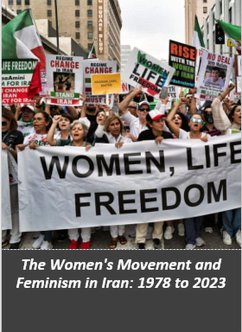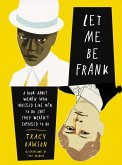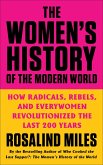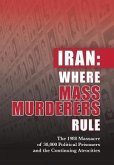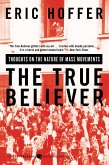The Iranian feminist movement has faced many challenges, including the divide between secular and Islamic feminists and those inside and outside Iran. However, collaborations between Iranian feminist activists, including those outside Iran, have helped break down these walls. One significant contribution to the feminist movement in Iran was the feminist magazine "Zanan," which featured interviews with prominent intellectuals and reformists, including male thinkers, and criticized their lack of attention to gender issues and women's rights. Although "Zanan" was shut down during Ahmadinejad's presidency, its founder, Shahla Sherkat, relaunched the magazine as "Zanane Emrooz" in 2014. However, the magazine faced pressure from hardliners and was forced to cease publication again in 2016. Despite these challenges, the Iranian feminist movement continues to persist and fight for gender equality.
This book discusses the concept of "Islamic feminism", which represents a feminist voice within the process of religious reform in Islam. This movement has emerged in recent decades in many Muslim-majority countries and among Muslim minorities in Western countries. However, the term "Islamic feminism" has caused much debate and confusion, with opposing views from both conservative Islamic and secular feminist groups. Some conservative Muslims and Islamists reject Islamic feminism due to their anti-feminist beliefs, while some secular feminists view it as contradicting their anti-Islamic sentiments. This categorization has led some scholars to express concern that it may cause further division and confusion.
Dieser Download kann aus rechtlichen Gründen nur mit Rechnungsadresse in A, B, CY, CZ, D, DK, EW, E, FIN, F, GR, H, IRL, I, LT, L, LR, M, NL, PL, P, R, S, SLO, SK ausgeliefert werden.

